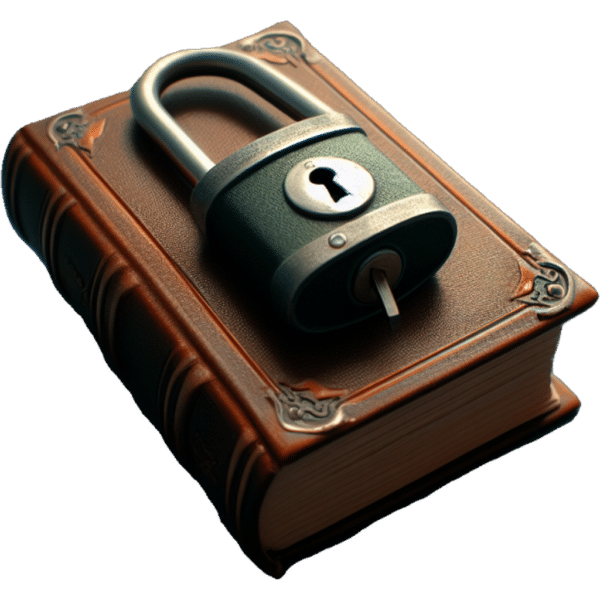When a Sealed Criminal Records, it means that it is hidden from the general public and does not need to be disclosed on most applications for housing, employment, etc. However, this doesn’t necessarily mean it disappears entirely. There remains a trace of its existence with the respective court as well as certain government agencies. While the primary intent of sealing such records is to protect an individual’s privacy and limit public access, there are specific scenarios where these records might still come into play. Let’s explore these implications in detail.
As Evidence of a Crime: Sealed records can be alleged as an element of a new offense. This implies that if the sealed record contains information related to a similar crime, it can be referenced.
Historical References: For legal and administrative reasons, a sealed record can be used as a historical prior felony conviction to enhance sentencing ranges in subsequent convictions.
Impeachment in Court: In subsequent trials, if the need arises, a sealed record may be presented to question the credibility of a party or witness.
Enhanced Sentencing: If a person with a sealed record is convicted of another felony, the sealed record can be used to influence the decision for a more stringent sentence.
Sentencing Under Specific Sections: Sealed records can play a role in enhancing sentences, especially under DUI sections 28-1381 and 28-1382. It’s essential to be aware of these sections’ implications with respect to sealed records.
Evidence in Subsequent Prosecutions: In situations where a person is being prosecuted by the state or its political subdivisions, their sealed record can be pleaded and proved as a relevant part of the proceedings.
Conviction Reference: In situations where a conviction from a sealed record would have been admissible had it not been sealed, it can still be used for reference.
Sealed Criminal Records offer a reprieve from public scrutiny, but their implications in legal matters remain profound. If you are uncertain about meeting the requirements for expunging or sealing your records or have concerns about the repercussions possible even after a record is sealed, it’s advisable to seek knowledgeable guidance. Connect with us at CleanRecord.com or give us a call at (888) 912-5444, and let’s address your queries.

